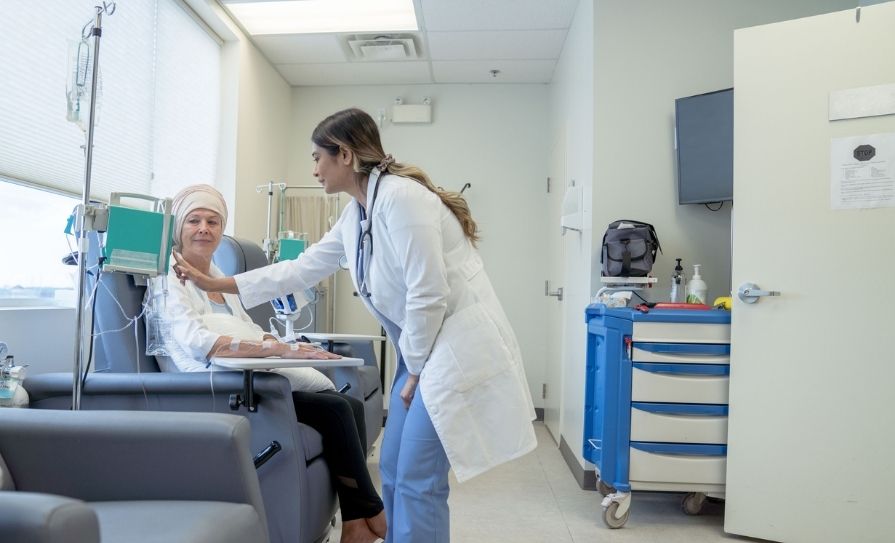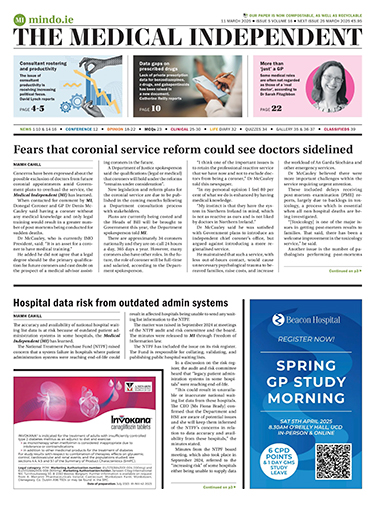This period covers the epidemic of bovine spongiform encephalopathy (BSE) in cattle in the UK.
In July 2018, the IBTS’s medical advisory committee (MAC) held a “lengthy discussion” on whether the Transfusion Service could remove the permanent deferral.
However, it was “agreed by all” there would be no change at that time, according to meeting minutes seen by the Medical Independent (MI).
This was due to uncertainty surrounding a death in the UK in 2016 from variant Creutzfeldt-Jakob disease (vCJD), the human form of BSE. The deceased man had a different genetic profile to those previously affected, allowing for the possibility of a longer incubation period.
IBTS Medical and Scientific Director Dr Stephen Field told the meeting it remained uncertain whether the 2016 death, which was the most recently recorded in the UK, represented a “second wave of vCJD” in people with this genetic profile.
The MAC decided that the deferral would be reviewed in 12 months. It also agreed the issue could be revisited earlier if the UK’s Advisory Committee on the Safety of Blood, Tissues and Organs (SaBTO) made any announcements in the interim.
An IBTS spokesperson told MI: “The vCJD deferral review is ongoing and is expected to take about a year. SaBTO in the UK has not yet published its latest scientific evidence in relation to vCJD… The IBTS will review any reports that are published on the continuing level of risk posed by vCJD and take them into account in making a final decision on whether to change the deferral.”
Currently, the IBTS has a permanent deferral policy in regard to blood donation by people who resided for 12 months or more in Northern Ireland, England, Scotland, Wales, the Channel Islands and the Isle of Man between 1980 and 1996. The 12-month period is accumulated and includes brief trips and weekend visits, for example.
This policy was introduced in 2004 following the first confirmed case of vCJD transmission via blood transfusion in the UK.












Leave a Reply
You must be logged in to post a comment.